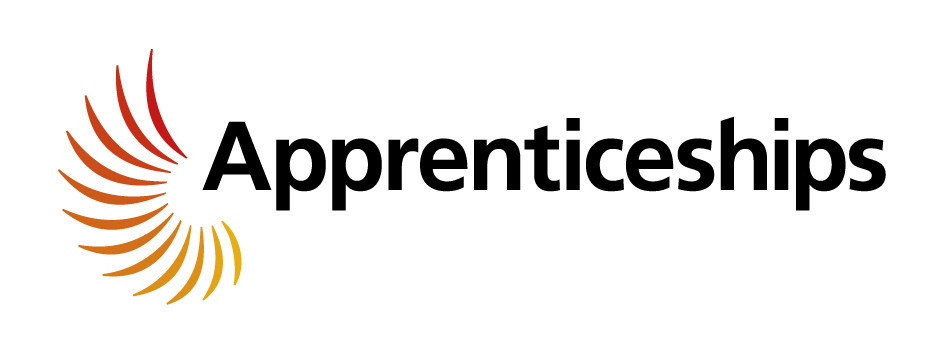Course Overview
Delivered at Castle Combe Race Circuit in partnership with Oxford Brookes University, this course will provide you with an opportunity to engage in all aspects of the Motorsport Engineering industry and becoming an employable professional in the Motorsport Engineering world. Our workshops are modern and purpose built with all the equipment you would expect to find in industry. We also have specialist facilities including vehicle, engine and machine / fabrication workshops as well as a flat floor, four wheel laser alignment ‘Super Tracker’ and weight scales. We have fantastic links within the industry including Jaguar Land Rover, Swindon Engines, Cooper Avon Tyres as well as a range of additional companies and Motorsport teams. This helps to keep our qualification relevant to employers and gives our students good work experience and employment opportunities. Our race team successfully competes at race circuits up and down the country and we currently own a range of vehicles from a Ducati 600SS Motorcycle to two Formula Ford 1600 ‘Spectrum’ race cars.
What will I learn?
The course includes modules in the following subjects:
Year One:
- Work Based Learning
- CAD CAM and Data Acquisition and Analysis
- Mathematics I
- Engineering Science I
- Composites and Materials Technology
- Powertrain Technology
Year Two:
- Work Based Project
- Chassis Dynamics and Competition Vehicle Preparation
- Computer Aided Engineering
- Vehicle Electronics and Microprocessors
- Mathematics II
- Motorsport Fluid Dynamics
Please note:
Modules and course content are subject to change.
Study, Assessment and Qualifications
During each module, you will undertake assignments that count towards its assessment and you will occasionally need to partake in a timed examination.
All modules are designed to enable you to engage in new areas of knowledge to acquire practical experience of a range of activities relevant to your employment within the performance road car technology industry and to encourage you to engage in critical reflection.
You will be given the opportunity to participate in lectures and workshops, plan and deliver presentations to your peers, research areas of relevance to the degree programme, critically evaluate the validity and implications of information and work with a wide variety of computer hardware and software.
Work Placements:
The course requires a significant component to be taken and studied in industry. We have extensive links with local employers and appropriate placements will be facilitated as far as possible by the college.
Nevertheless, it remains your responsibility to secure such access to complete the assessment on the programme.
Entry Requirements
Typically, you will possess:
Either
A minimum of one pass at A Level or 6 unit Vocational A Level (in Maths, Physics or a closely related subject) plus a minimum of three passes at GCSE at grades A-C (8-4) including Mathematics at grade B (6) and English Language at grade C (4).
Or
A BTEC National Certificate or Diploma or other full equivalent level 3 qualification in a discipline related to Engineering including merits in the applied modules plus a minimum of three passes at GCSE (grades A - C) including Mathematics at grade B (6) and English Language at grade C (4).
You can also apply if you have a minimum of two years relevant work experience and a current role in an appropriate workplace setting with a line manager's letter of support and recommendation.
Additional Costs and Information
You will be required to attend an interview and you can apply for this programme via the UCAS website.
A Maths assessment will be conducted at interview to ensure that you are working at the required level.
The UCAS institution code for this programme is O66.
The UCAS course code for this programme is H338.
The cost of this programme is £7,570 per year (£9,900 for international students).
Any transport and living costs incurred whilst on work placements are not covered by the college.
The Office for Students (OfS), the new independent regulator for Higher Education in England, has confirmed that the college is successfully registered as a provider for Higher Education and that students are eligible for funding and student support from Student Finance England. Please visit www.officeforstudents.org.uk for more information.

What Could I Do Next?
From a Foundation Degree, you could progress onto further Higher Education studies such as a BEng or a BSc (Hons) top-up year or equivalent level 6 qualification in Motorsport Engineering.You could also progress into employment technicians, engineers and designers in disciplines of Motorsport Engineering.

David is an expert motorsport engineer with a wealth of experience both in education and in the field. He is the programme lead on the College’s two motorsport-based degree-level courses – Foundation Degree (FdEng) Motorsport Engineering and BEng (Hons) (top-up) Motorsport Technology.
David joined the College in 2016 and currently serves as Deputy Head of Engineering (Motorsport) and has been based in education, whether working or studying, for more than a decade. He graduated from the University of Wales, Trinity St David, in 2009 with a BEng in Motorsport Engineering before completing a Masters degree and his PGCE at the same place, finishing his studies in 2013.
He
also began his professional career at the University of Wales,
initially working as a technician before moving into lecturing and later
becoming the university’s chief motorsport engineer. Read more...
I love workshop lessons and transforming the race cars. It’s amazing to know what you started with and then see what ends up on the track as a result of your own work.
Aaron Glencross
Foundation Degree in Motorsport Engineering












